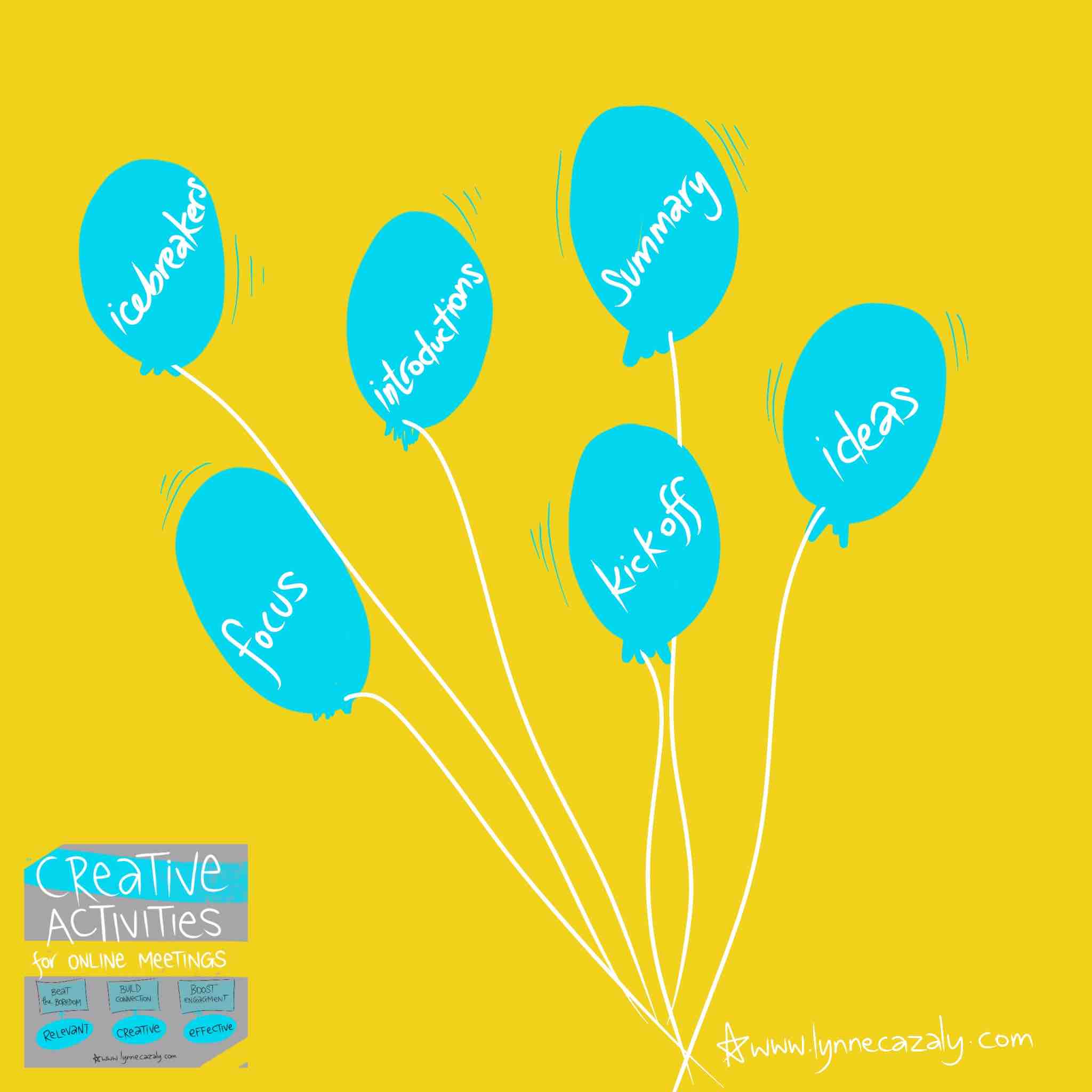Better ways of being
 Saturday, September 19, 2020 at 11:43AM
Saturday, September 19, 2020 at 11:43AM  As teams come together online more often, there are ways to ‘be’ that help make things easier.
As teams come together online more often, there are ways to ‘be’ that help make things easier.
Whether your online meeting or gathering has just one other person, or there are four, seven or 12 of you...
Watch out for these old, dated behaviours:
Interrupter
Hogger
Judger
Dismisser
Player
Disruptor
Distractor
Minimizer
Deflector
... oooh it’s not good is it
Hider
Denier
Accuser
When times are challenging, stress is high or uncertainty is present, it can be easy to fall back into a ‘survival default’ of sorts where there is pointing and blaming or hiding and ignoring for survival.
Newer and better ways of being include doing things to support the group (and not always speeding to a solution or decision.)
We all contribute to an environment and a conversation that’s safer and more collaborative.
If I’m challenged and find it hard to bring the ‘better me’, then I look to these roles. They’re helpful anyway, and keep us in a more resourceful state:
Synthesiser
Integrater
Summarizer
Slicer
Supporter
Enquirer
Listener
Reflector
Participator
Contributor
Validator
Elevator.
Think:
Am I making things easier or harder?
Am I trying to make myself feel better about something here?
Is this going to be helpful?



















